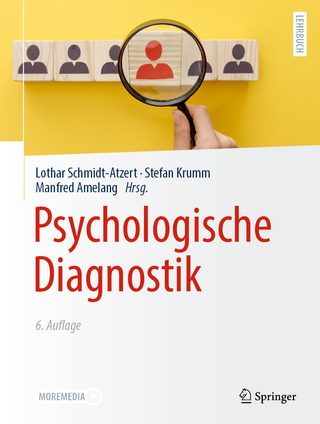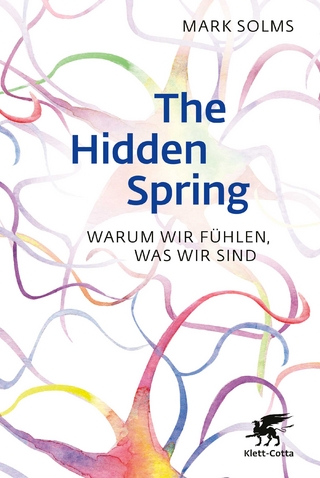
Statistics And Experimental Design For Psychologists: A Model Comparison Approach
World Scientific Europe Ltd (Verlag)
978-1-78634-064-1 (ISBN)
This is the first textbook for psychologists which combines the model comparison method in statistics with a hands-on guide to computer-based analysis and clear explanations of the links between models, hypotheses and experimental designs. Statistics is often seen as a set of cookbook recipes which must be learned by heart. Model comparison, by contrast, provides a mental roadmap that not only gives a deeper level of understanding, but can be used as a general procedure to tackle those problems which can be solved using orthodox statistical methods.Statistics and Experimental Design for Psychologists focusses on the role of Occam's principle, and explains significance testing as a means by which the null and experimental hypotheses are compared using the twin criteria of parsimony and accuracy. This approach is backed up with a strong visual element, including for the first time a clear illustration of what the F-ratio actually does, and why it is so ubiquitous in statistical testing.The book covers the main statistical methods up to multifactorial and repeated measures, ANOVA and the basic experimental designs associated with them. The associated online supplementary material extends this coverage to multiple regression, exploratory factor analysis, power calculations and other more advanced topics, and provides screencasts demonstrating the use of programs on a standard statistical package, SPSS.Of particular value to third year undergraduate as well as graduate students, this book will also have a broad appeal to anyone wanting a deeper understanding of the scientific method.
Basic Experimental Design and Analysis:Introduction: What is Science? Modelling Reality; The Fundamental Role of Measurement in Science; Bacon's Legacy: Causal Models, and How to Test Them; How Hypothesis Testing Copes With Uncertainty: The Legacy of Karl Popper and Ronald Fisher; Basic Descriptive Statistics (And How Pierre Laplace Saved the World); Gaussian Distributions, the Fundamental Building Block of Statistics; Randomized Controlled Trials, the Model T Ford of Experimental Science; Simple One-Factor Analysis of Variance, Contrasts and Post Hoc Tests; Repeated Measures Designs, and Their ANOVA Counterparts; Multifactorial and Mixed Designs, and Their ANOVA Counterparts; Association Tests of Similar Variables: Correlation and the Chi-Square; Checking the Assumptions: Data Cleaning, Transforming Variables and the Non-Parametric Alternative; A Taxonomy of Experimental Designs: Introducing the X-O Diagram and Quasi-Experimental Studies; Why Should We Believe This? Varieties of Validity; Significance is Not Everything: Introducing Power; Planning and Writing Up a Project or Experiment; More Advanced Statistical Methods:When You Can Only Observe: The Natural Setting for Multiple Regression; More Advanced Regression: Mediation, Moderation and Suppression; Getting to the Essence of Things: Exploratory Factor Analysis; Basic Signal Detection Theory; Meta-Analysis, or How to Learn From Experience;
| Erscheinungsdatum | 29.10.2017 |
|---|---|
| Verlagsort | London |
| Sprache | englisch |
| Themenwelt | Geisteswissenschaften ► Psychologie |
| ISBN-10 | 1-78634-064-X / 178634064X |
| ISBN-13 | 978-1-78634-064-1 / 9781786340641 |
| Zustand | Neuware |
| Haben Sie eine Frage zum Produkt? |
aus dem Bereich


